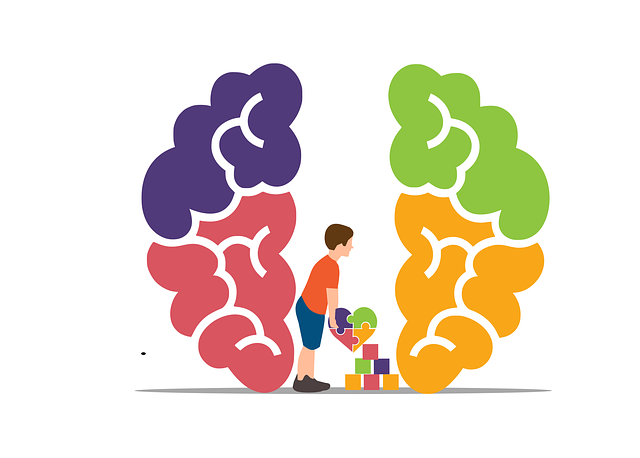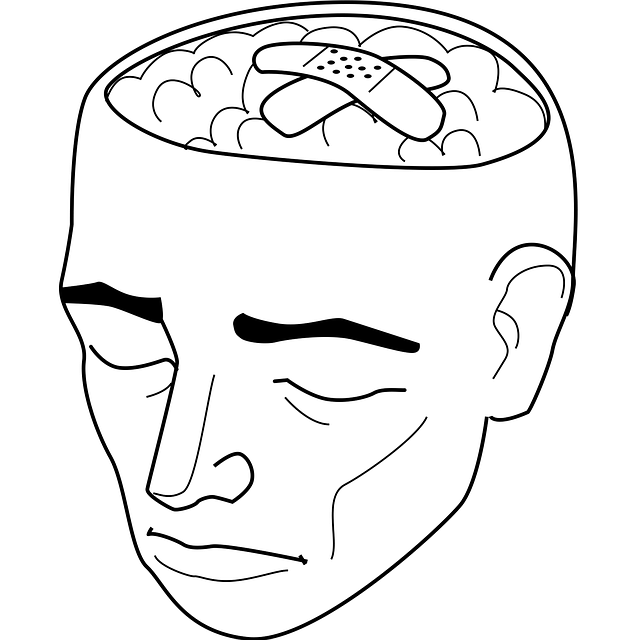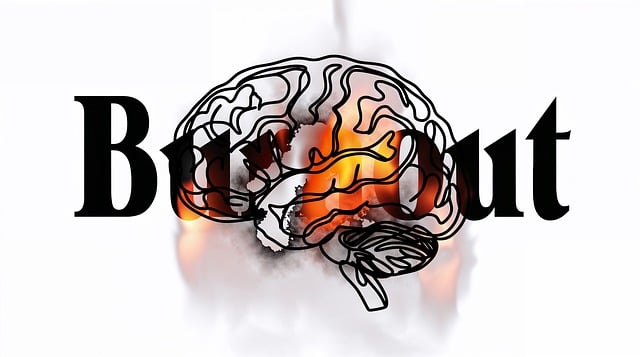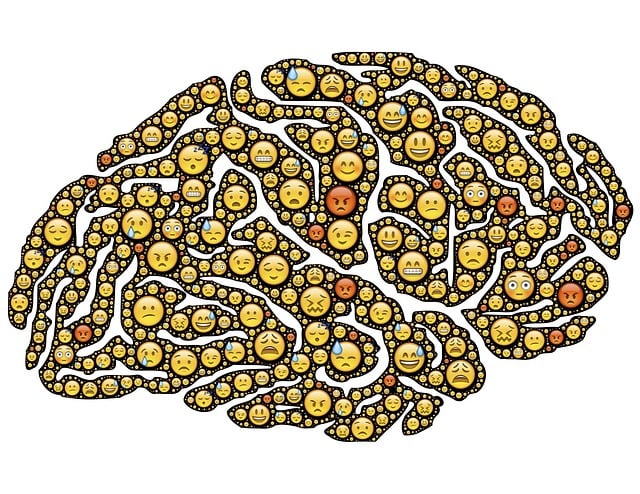Mindfulness meditation emerges as a safe and effective therapy for adults experiencing chronic pain, focusing on cultivating non-judgmental awareness rather than blocking discomfort. By integrating mental wellness journaling, guided meditations, and mindfulness exercises like breathing and body scans into a consistent daily routine, individuals can enhance coping mechanisms, reduce emotional intensity, and improve overall well-being. Public campaigns promoting mindfulness as an accessible self-care tool further contribute to managing chronic pain conditions effectively.
Unwind and embrace a transformative journey towards chronic pain relief with mindfulness meditation—a powerful therapy for adults navigating persistent pain. This comprehensive guide delves into the art of mindfulness, offering valuable insights for those seeking effective coping mechanisms. From understanding its benefits to practical tips for beginners, we explore techniques to integrate mindfulness into daily routines. Discover how this ancient practice can empower you to manage chronic pain and enhance overall well-being.
- Understanding Mindfulness Meditation for Chronic Pain Relief
- Preparing for Your Mindfulness Practice
- Techniques and Tips for Effective Mindfulness Meditation
- Integrating Mindfulness into Daily Life for Long-Term Benefits
Understanding Mindfulness Meditation for Chronic Pain Relief

Mindfulness meditation has emerged as a powerful therapy for adults experiencing chronic pain. It’s not about blocking out discomfort but rather cultivating a non-judgmental awareness of it, allowing individuals to develop a healthier relationship with their pain. This practice encourages acceptance and focus on the present moment, reducing the emotional intensity associated with chronic pain.
For those seeking relief from persistent pain, mindfulness meditation offers a safe and effective approach. Crisis intervention guidance often emphasizes its ability to enhance coping mechanisms and improve overall well-being. Mental health education programs design strategies around mindfulness because it promotes self-regulation and stress reduction, essential components in managing chronic pain conditions. Effective risk management planning for mental health professionals can integrate mindfulness techniques to provide comprehensive care tailored to individuals’ unique needs.
Preparing for Your Mindfulness Practice

Preparing for your mindfulness practice is a crucial step in reaping its numerous benefits, especially for adults suffering from chronic pain. Incorporating mindfulness into your daily routine can be transformative, offering a path to enhanced mental wellness and increased resilience. Start by setting aside dedicated time each day—even just 10 minutes—in a quiet space where you won’t be disturbed. This consistent practice will help train your mind to focus and foster a deeper sense of calm.
Consider using guided meditations or apps designed for mindfulness, which can offer step-by-step instructions tailored to various needs, including those seeking therapy for chronic pain management. Additionally, integrating mental wellness journaling exercises into your preparation can further strengthen the benefits. Reflecting on your feelings, thoughts, and experiences in a journal allows you to build resilience and gain valuable insights into managing pain and improving overall well-being.
Techniques and Tips for Effective Mindfulness Meditation

Mindfulness meditation is a powerful tool for managing chronic pain and promoting mental wellness among adults. To make the most of your practice, incorporate various techniques and tips that can enhance focus and depth of experience. One effective strategy is to set a consistent daily routine. Aim for a dedicated time each day, regardless of circumstances, to establish a strong meditative foundation. Begin with simple, guided meditations lasting 5-10 minutes, allowing yourself to gradually increase duration as comfort permits.
Moreover, incorporate awareness exercises such as mindful breathing and body scans. Focus on the sensation of breath flowing in and out, or tune into physical sensations from head to toe, accepting each without judgment. Conflict resolution techniques can also be integrated into your practice. Mindfully observing thoughts and emotions during meditation fosters empathy building strategies, enabling better coping mechanisms for daily challenges. Regularly practicing these techniques not only aids in managing chronic pain but also contributes to improved overall mental wellness.
Integrating Mindfulness into Daily Life for Long-Term Benefits

Integrating mindfulness into daily routines can be a powerful tool for managing chronic pain and enhancing overall well-being. Beyond brief meditation sessions, mindful practices offer a way to cultivate present-moment awareness throughout the day. For adults dealing with chronic pain, this can translate into noticing physical sensations without judgment, adopting more supportive posture habits, or practicing deep breathing during moments of stress. Such integration fosters long-term benefits, as it strengthens mental resilience and promotes healthier coping mechanisms.
Public awareness campaigns play a crucial role in encouraging the adoption of mindfulness meditation as a therapy for adults with chronic pain. By highlighting the positive impact on mood management and overall quality of life, these initiatives can dispel misconceptions and inspire individuals to explore this accessible and effective approach to self-care. Through consistent practice, mindfulness meditation becomes an integral part of daily life, offering sustained relief and improved mental clarity for those navigating chronic pain.
Mindfulness meditation offers a powerful therapy for adults suffering from chronic pain, providing a way to navigate and manage symptoms effectively. By integrating these practices into daily life, individuals can experience long-term benefits that enhance overall well-being. The techniques outlined in this article serve as a starting point, encouraging readers to delve deeper into their mindfulness journey. With consistent practice, mindfulness meditation has the potential to revolutionize chronic pain management, fostering resilience and promoting a sense of calm amidst challenges.














